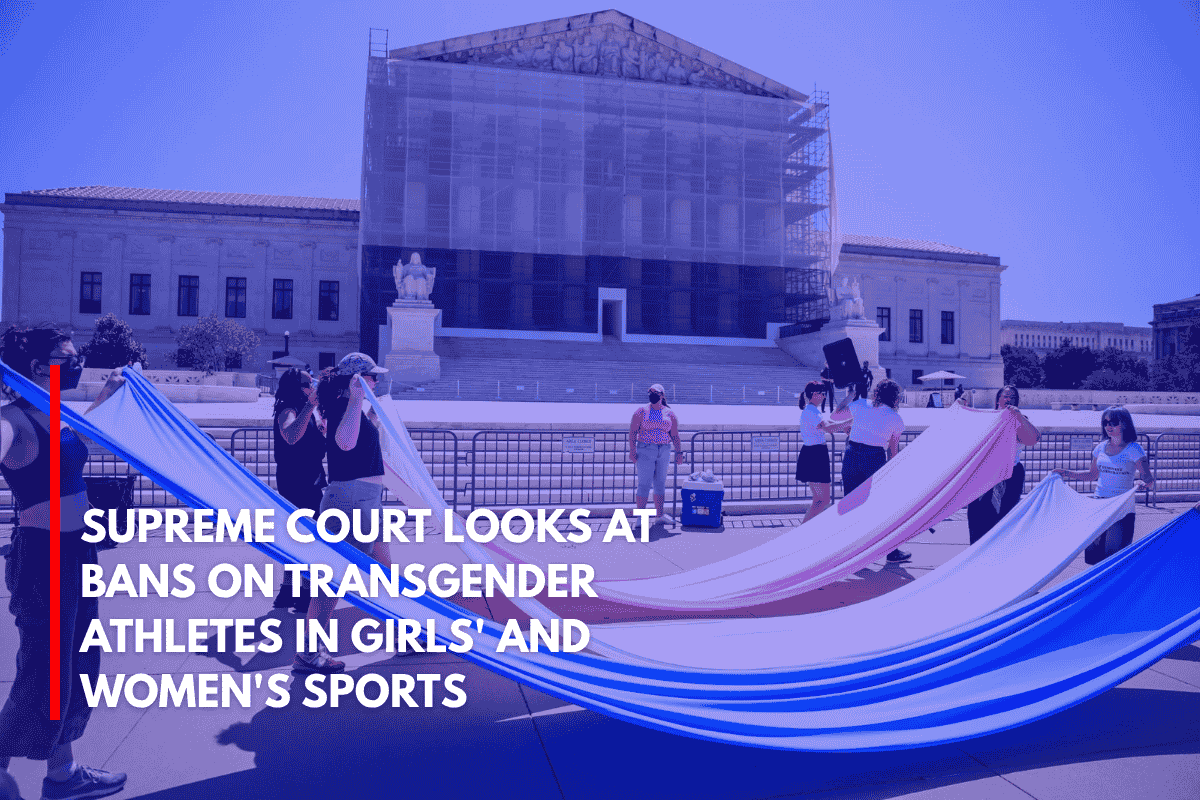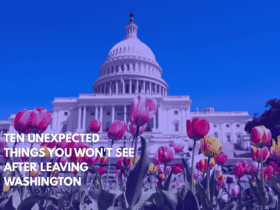The U.S. Supreme Court announced Thursday that it will review whether states can ban transgender athletes from participating in girls’ and women’s sports. This could lead to a major legal decision with widespread impact across the country.
The cases involve laws in Idaho and West Virginia that prevent transgender girls and women from competing in female athletics. The court will examine whether these laws violate the Equal Protection Clause of the Constitution and Title IX, the federal law that prohibits sex-based discrimination in education.
Why the Case is Important
These cases come after the Supreme Court’s conservative majority recently upheld a ban on gender-affirming care for transgender minors. The court will begin its review of the transgender athletes’ cases in October, during its next term.
The Idaho case deals with the 14th Amendment’s Equal Protection Clause, while the West Virginia case involves Title IX, which ensures that women and men have equal opportunities in education and sports.
Laws in Idaho and West Virginia
Idaho was the first state to pass a law in 2020 that prohibits transgender athletes from participating in women’s sports. Since then, more than two dozen states have passed similar laws. West Virginia passed its own law in 2021 that restricts transgender girls from competing in girls’ sports.
Both states argue that their laws aim to protect fairness in women’s sports by ensuring that biological males do not compete against females in skill and contact sports. Supporters say this is crucial for athletic fairness, claiming biological males have physical advantages in these sports.
The Legal Battles
Idaho’s Law: The law requires sports to be divided by biological sex and prevents transgender girls and women from competing in female athletics. A federal court blocked the law, stating it discriminated against transgender athletes like Lindsay Hecox, a transgender woman who wanted to join Boise State University’s women’s sports teams. The court found no evidence that transgender women like Hecox have an unfair physiological advantage.
West Virginia’s Law: This law bans transgender girls from participating in girls’ sports. A federal judge temporarily blocked it for Becky Pepper-Jackson, a transgender girl, saying it violated Title IX. Later, a different judge upheld the law, claiming that biological males typically outperform females in sports. This decision was appealed and brought to the Supreme Court for review.
The Fight Over Title IX
Title IX was designed to ensure equal opportunities for women and girls in education and sports. Transgender athletes and their advocates argue that these laws discriminate against transgender individuals by denying them the chance to compete in sports that align with their gender identity.
Joshua Block, a lawyer for the ACLU, argues that excluding transgender athletes from girls’ sports “makes our schools less safe” and hurts youth sports.
Impact on Transgender Athletes
The Supreme Court’s decision could have lasting implications for transgender athletes, affecting their ability to participate in school sports and college athletics across the country. The ruling will also influence the interpretation of Title IX protections for transgender individuals.











Leave a Reply